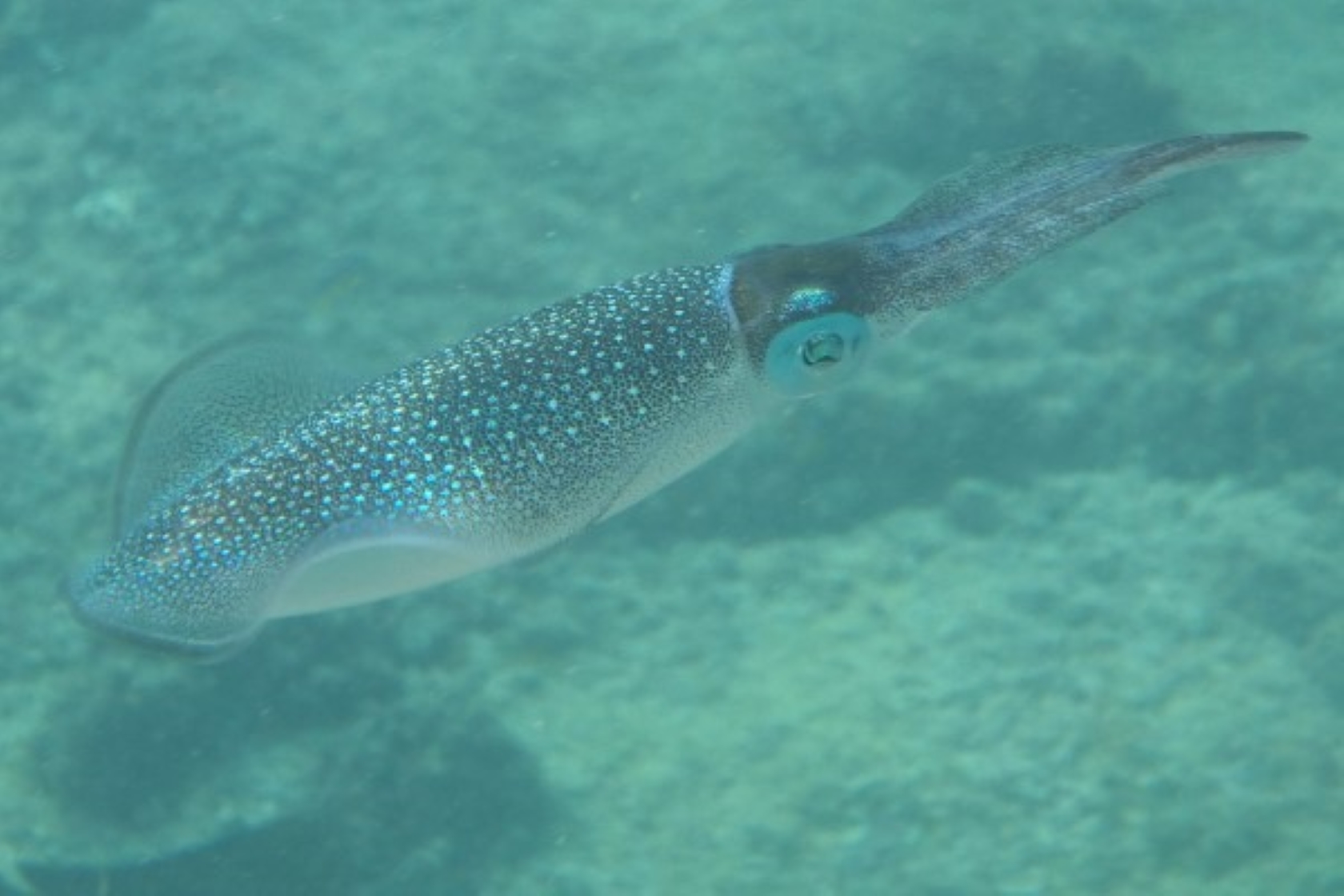Research
Welcome to the Department of Evolutionary Biology and Environmental Studies at the University of Zurich. Our department is a crossroad of three foundational fields that are crucial for an understanding of life on Earth: ecology, evolution, and behavior. We are committed to understanding the intricate dynamics of biological populations and communities, exploring these themes across various spatial and temporal scales.
Our research investigates the dynamics of biodiversity, encompassing not only species abundance and distribution but also the genetic, phenotypic and behavioral diversity within populations. We delve into how these aspects of biodiversity are shaped by and respond to environmental changes. In addition, we study how biological evolution has shaped biodiversity in the past, and how current evolutionary pressures may shape it in the future, especially with regard to biodiversity conservation.
Ranging from individual behavior to ecosystem dynamics, our work covers a broad range of organisms, from microorganisms, plants, invertebrates, to vertebrates including humans, across diverse geographic regions. We employ a multifaceted approach, combining field studies, lab experiments, theoretical analyses, and advanced methods in genetics, genomics, animal tracking, remote sensing, as well as machine learning and artificial intelligence.
A significant aspect of our research is understanding and addressing the challenges of biodiversity conservation in the context of rapid global as well as local environmental changes. Through our work, we aim to contribute valuable insights for evidence-based conservation strategies. Furthermore, we address agricultural and medical issues from ecological and evolutionary viewpoints.
Our department is a place where curiosity meets rigorous scientific inquiry, contributing both to fundamental understanding and practical solutions for environmental challenges. We welcome you to join us in this endeavour to better understand and protect the diverse mosaic of life on our planet.
Grid containing content elements
Covers the fields of social behaviour focusing on cooperation, cognition and communication in mammals, as well as conservation aspects and the human-companion animal relationship.
Covers the fields of plant and animal biodiversity, ecosystem research, population biology, molecular ecology, soil ecology, disease ecology, environmental microbiology and biotechnology, remote sensing, conservation, environmental education, perception of biodiversity, environmental history, human changes to ecosystems.
Includes evolutionary biology of eukaryotes and prokaryotes. Areas of interest are adaptation, natural and sexual selection, life history evolution, phenotypic plasticity, host-parasite coevolution, speciation and phylogenetics, and the genetic basis of evolution.

